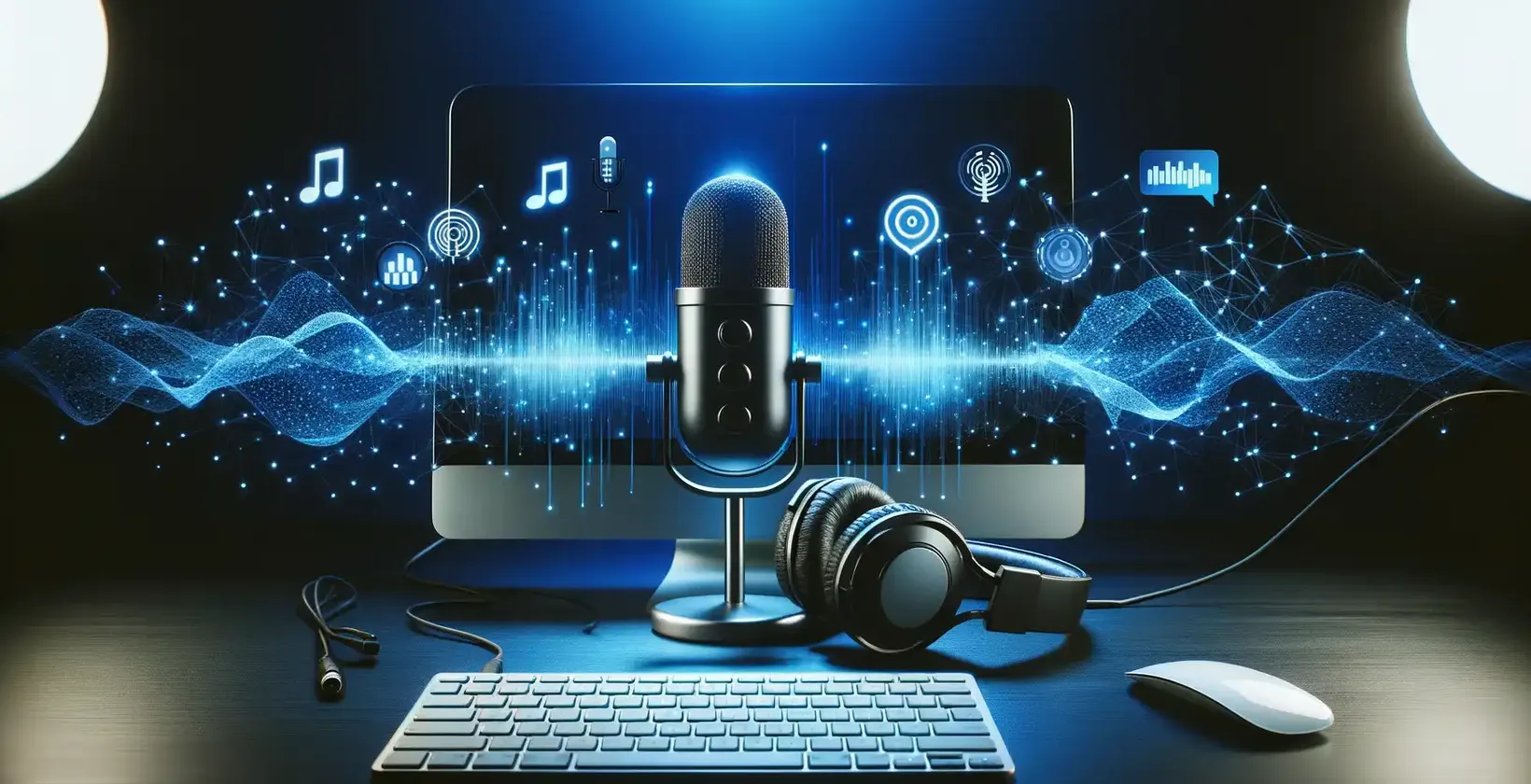Estimated reading time: 5 minutes
If you have a selection of audio files that you need to type up for reports or articles, one of the best ways to speed up this process is to transcribe audio files. When it comes to transcription options , there are a few ways to go about this. While manual transcription was widespread in the past, we are now seeing more companies opt to work with software such as Transkriptor. Let’s look at the best ways to transcribe audio files to improve your work processes this year.
Digital Audio Transcription
In order to speed up converting audio files into text, we highly recommend you transcribe audio files digitally. More people than ever are working from home, and you’ll be able to use Transkriptor on your device from anywhere. Instead of getting stuck in a set location manually transcribing your audio files, you can save time and energy on this task.
As far as the best way to transcribe audio files, you’ll find that digital transcription software is extremely accurate. You’ll then have a piece of text that you can edit and use in any way you see fit. The text file can be edited and archived as needed, creating accurate records for your business.
When looking at the best ways to transcribe audio files, you’ll find the use cases are more extensive than you could ever imagine. Students, researchers, journalists, and medical professionals all rely on audio transcription each day. Our software takes your audio file and creates a text in just a short time, ready for anything that your business requires.
Can You Transcribe Audio Files Manually?
In the past, we primarily heard of businesses using manual transcribers to create text files. While this is still a popular option in some industries, we are now seeing a departure from this way to transcribe audio files. It’s extremely time-consuming and expensive to use these staff on a regular basis. You’ll need to employ them by the hour or length of text you are looking to transcribe . That’s why we are seeing this type of audio transcription disappear now.

Most companies are looking to receive a text file of their audio file as soon as possible. If you’ve held a meeting in the morning, when you transcribe audio files with Transkriptor, you can have your text file ready to share that afternoon. When working with a human being, you’ll have to wait days usually for this turnaround of the work.
While manual transcription may seem like a way to get more accurate results, this isn’t always true. Even the most experienced transcribers struggle to transcribe audio files with background noise and poor-quality audio. Our software is known for offering very accurate results and can identify multiple speakers even with heavy background noise.
No matter how many years of experience someone has worked as a transcriber, as humans, we can often make small errors during our work. In the medical, healthcare, and legal fields, these could be incredibly risky for your business. That’s why we recommend using a transcription software option and then double-checking your work for yourself. Our text files are also easy to edit, so you can create reports and blog posts from your audio file.
How Long Does It Take to Transcribe Audio Files?
When you work with a manual transcriber, it takes an experienced professional about four to six hours to
transcribe
a one-hour audio file.
For companies that are looking for results as quickly as possible, we always recommend using an automatic tool for transcription.

A huge part of transcribing audio files is finding a way to turn around this work quickly. No business today has the time to wait days or weeks for a text file to be delivered. Consumers and clients are becoming more demanding than ever, so they need their results and reports as quickly as possible. You could record a podcast in the morning and have a blog post up in the afternoon to support the episode. This is a great way to expand your audience and impress even the toughest of critics in your industry.
For companies that are looking for results as quickly as possible, we always recommend using an automatic tool for transcription. Our software uses artificial intelligence to provide you with quick results. What’s more, you’ll also save money and time during this process. The quality of our work is comparable to even the world’s top transcribers.
The Best Ways to Transcribe Audio Files to Benefit Your Business
There’s no limit to the number of ways in which you could transcribe audio files to benefit your business. If you are someone who takes voice notes on a regular basis, you could benefit from transcribing these files. Most companies opt to use voice recordings during meetings, which can also be turned into text files. This saves your secretaries from typing away during meetings, allowing everyone to be present.
For very hands-on jobs which require your focus, you can speak out loud to create recordings of your thoughts. Many of the world’s top researchers use transcription to share their findings after recording their thoughts during an experiment. You’ll also find that video editors, podcasters, and anyone working in this field could transcribe audio files. The more options you give your audience to connect with your business, the more likely you’ll succeed in even the most competitive fields.
Here at Transkriptor , we are passionate about helping businesses to save time and money when they transcribe audio files. We highly recommend trying our software for yourself to see the incredible results you’ll enjoy. You’ll find our accuracy is comparable to even the top manual transcribers without the high cost and turnaround time involved in hiring extra staff for your team. Contact us today for more information or try Transkriptor now to save your business time and money in the future.


